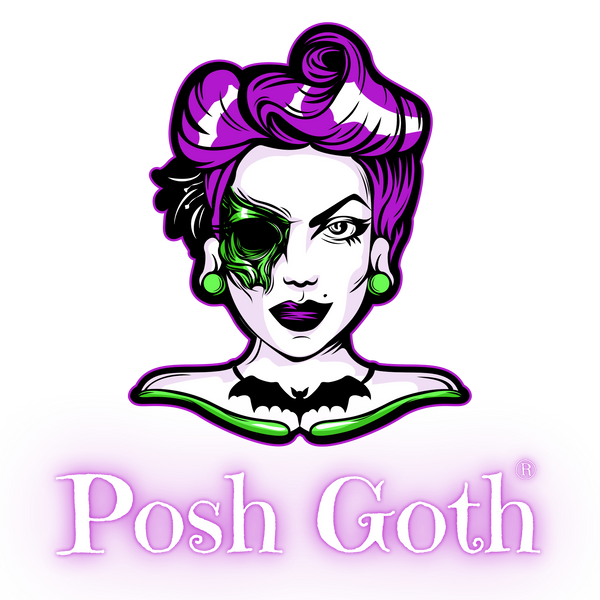The goth subculture emerged in the late 1970s and early 1980s, primarily in the United Kingdom. Several influential bands and artists played a significant role in shaping and popularizing goth music and aesthetics. Here are some of the most well-known goth pioneers:
-
Bauhaus: Considered one of the founding bands of goth rock, Bauhaus formed in 1978. Their song "Bela Lugosi's Dead" became an iconic goth anthem.
-
Siouxsie and the Banshees: Led by Siouxsie Sioux, this influential band blended post-punk and gothic elements. Their music and Siouxsie's distinctive style had a profound impact on the goth scene.
-
The Cure: Fronted by Robert Smith, The Cure explored a range of musical styles, including gothic rock. Their introspective and atmospheric sound became synonymous with goth music.
-
Joy Division: Although often associated with post-punk, Joy Division's dark and haunting music influenced the development of goth rock. After the suicide of their lead singer Ian Curtis, the remaining members formed the band New Order.
-
Sisters of Mercy: Formed in 1980, Sisters of Mercy blended goth rock with elements of post-punk and new wave. They gained a significant following and remain influential within the goth scene.
-
The Damned: One of the earliest punk bands, The Damned transitioned to a more gothic sound with albums like "Phantasmagoria." Their mix of punk and goth aesthetics helped shape the emerging subculture.
-
Alien Sex Fiend: Known for their eccentric style and fusion of goth, punk, and electronic music, Alien Sex Fiend contributed to the goth scene with their energetic and often humorous approach.
-
Christian Death: A highly influential band, Christian Death blended gothic rock with elements of death rock. Their provocative lyrics and theatrical performances left a lasting impact on the goth genre.
These are just a few of the pioneering bands and artists within the goth subculture. Their music and aesthetics have inspired countless musicians and individuals who identify with the goth movement.
